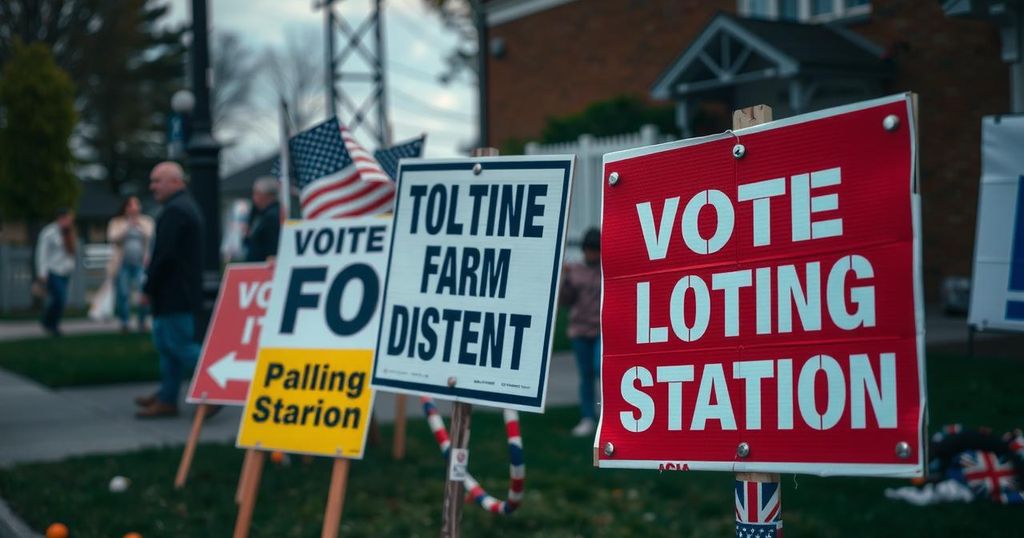Voters across multiple US states decisively rejected significant election reform proposals, including ranked choice voting and open primaries, despite a financial push of over $110 million from advocates. The failure encompassed both traditionally conservative and liberal states, prompting advocates to reevaluate their strategies and the electorate’s readiness for such changes.
Despite significant financial backing of over $110 million, voters across various states in the United States rejected crucial election reform initiatives in the most recent election cycle. Key proposals included ranked choice voting and open primaries in states such as Arizona, Colorado, Idaho, and Nevada, but these measures failed to secure support on the ballot. Election reform advocates, initially optimistic following previous successes in Alaska and Nevada, found themselves facing widespread resistance, revealing a persistent attachment to traditional voting methods among the electorate.
Advocates of election reform had gathered momentum by organizing a nationwide online rally shortly before the elections, yet the efforts ultimately fell flat. John Opdycke, president of Open Primaries, reflected on this disappointment, stating, “It turns out, in retrospect, we weren’t yet ready for prime time.” This sentiment resonated with others observing the elections, as both red and blue states displayed skepticism towards new voting methodologies.
Previously, Alaska had embraced a combination of ranked choice voting and open primaries. However, in this election cycle, Nevada voters reversed their earlier approval of similar initiatives. In Alaska, a near successful attempt to repeal these reforms only garnered 49.9% support. Meanwhile, some areas such as Maine continue to implement ranked choice voting with varying degrees of acceptance. Notably, Portland, Oregon, employed this voting method in its mayoral election, yet a significant percentage of voters abstained from ranking their choices, raising questions about the method’s practicality and appeal.
Critics, including Trent England, executive director of Save Our States, argue that many Americans continue to prefer the clarity of traditional voting systems. Some studies suggest that ranked choice voting may exacerbate confusion among voters, notably affecting minority participation in the electoral process. Larry Jacobs, a political science professor, warned that evidence supporting ranked choice voting’s efficacy in reducing political polarization is lacking.
Despite these setbacks, proponents of election reform are not retreating entirely. There is a growing sentiment among advocacy groups to reassess their strategies, possibly by distinguishing between different reform efforts and focusing on incremental changes within state legislatures instead of sweeping ballot initiatives. Nick Troiano of Unite America emphasized the need to rethink approaches to ensure future successes in potentially transforming electoral processes.
The recent electoral cycle highlighted the challenges faced by advocates of voting reform in the United States. Despite extensive funding and a campaign aimed at promoting alternatives to traditional voting methods, including ranked choice voting and open primaries, voters showed a preference for established practices. This reflects not only a hesitation to embrace change in a politically polarized environment but also underscores the necessity for deeper community engagement and education regarding the implications of such reforms.
In summary, the rejection of significant election reform measures in various states signals a substantial challenge for advocates seeking to reshape voting processes in the United States. The combination of high financial investment and inadequate grassroots support ultimately proved insufficient to sway voter opinion. Moving forward, proponents are advised to reassess their strategies, focusing on building community consensus and understanding prior to pursuing ambitious reform initiatives. The electoral landscape remains complex, and navigating voter sentiment will be essential for future attempts at change.
Original Source: apnews.com






